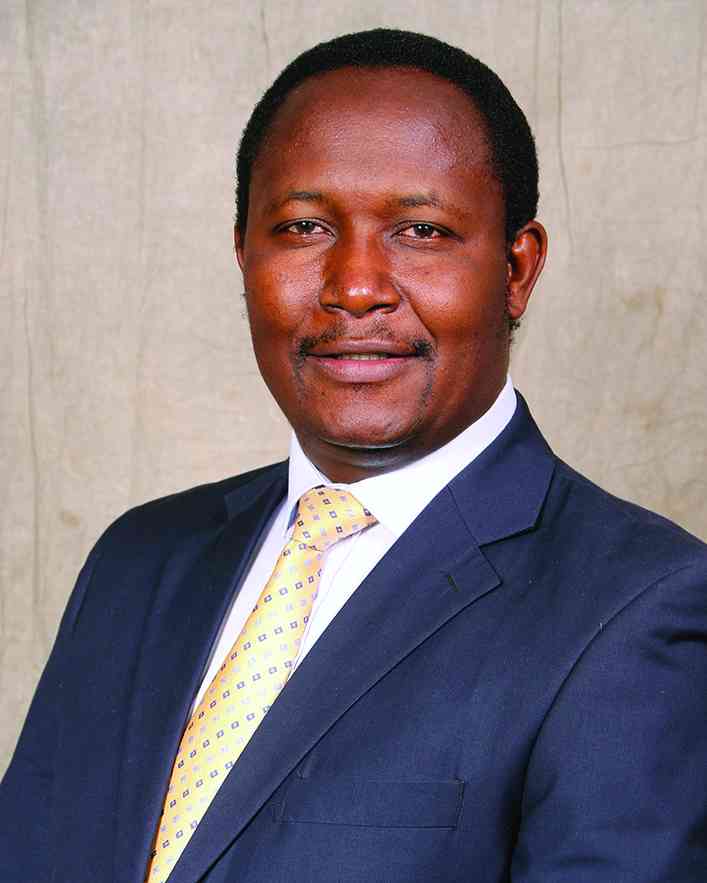
THE Procurement Regulatory Authority of Zimbabwe (Praz) saved US$135 million between January 2023 and June 2024 through enforcing price checks on invoicing from government suppliers.
Praz chief executive officer Clever Ruswa told businessdigest in an interview that government suppliers often inflated prices.
“From January 2023 to June this year, we have managed to save US$135 million from our efforts,” Ruswa said. “From January, it is about US$15 million because, mind you, there were the Sadc (Southern African Development Community) procurements where we were doing a lot of road construction and all. So you would find some wanted to take advantage by overcharging. So that is where we said no, and they had to reduce.”
To date, there are 22 000 registered suppliers.
However, since the introduction of Zimbabwe Gold (ZiG), Ruswa said invoicing had been relatively stable until the central bank’s recent devaluation of the local currency.
“You know our revenue base, especially as a nation, is very small. Our cake is small; so we need patriotic people to look into some of those things. We continue making such noises,” he said.
Procurement has long been the primary driver of money supply growth in the country, resulting in currency and exchange rate volatility.
Last month, Praz signed a memorandum of understanding with the National Competitiveness Commission (NCC) to draft a National Pricing Index. This index will help suppliers set charges for services and goods provided to the government and its entities.
- Combating corruption in public procurement
- Beitbridge border post ‘dumps’ Zimdollar
- Praz red flags procurement loopholes
- Time to decolinise procurement processes
Keep Reading
He clarified that this was not price control but rather prevention of price gouging. Other entities will assist Praz in formulating and structuring the index.
“It is currently there, but they are just coming now to support because whatever we are doing here, we are using the resources which we have,” he said.
The index aims to enable suppliers to benchmark charges against regional players.
“We do it regionally, we must do it internationally. So, the NCC now can do these calculations together with the Zimstats (Zimbabwe National Statistics Agency) and all so that we can then justify some of these prices because we are the biggest buyer as the public procuring entity for public entity spaces.”
Some suppliers were found to charge over a 100% profit margin. In 2022, the government blacklisted over 20 suppliers for excessive pricing, including Nariox (Pvt) Ltd and New Age Marketers.
Others were Pepwit Investments, Tirumi Investments, Mwendo Africa, Alg World Investments, Lobmer Investments, Nisbank Enterprises, Sailgroom Enterprises, Wayvar Investments, Poweride Safaris, Azelion Energy, Blackdeck, Paza Buster, Redan Coupon, The Best Car Rental, The Legacy Car Rental, Josam Enterprises and Construction Warehouse.
A notable case was the parliament tender for 173 laptops, deemed overpriced at US$9 200 each. The tender was cancelled following a public outcry.
The government conducted a public procurement audit to authenticate supplier prices, which had been inflated based on projected foreign currency parallel market rates.







